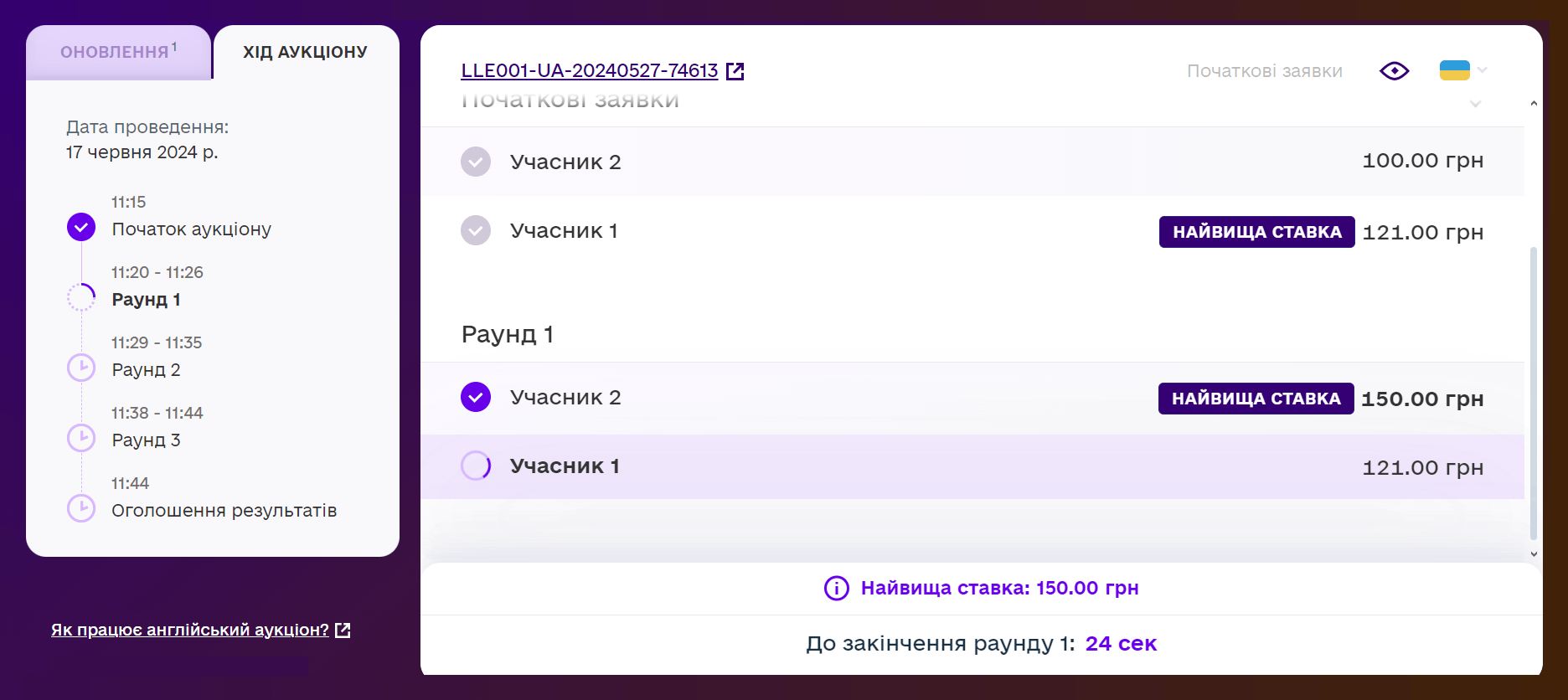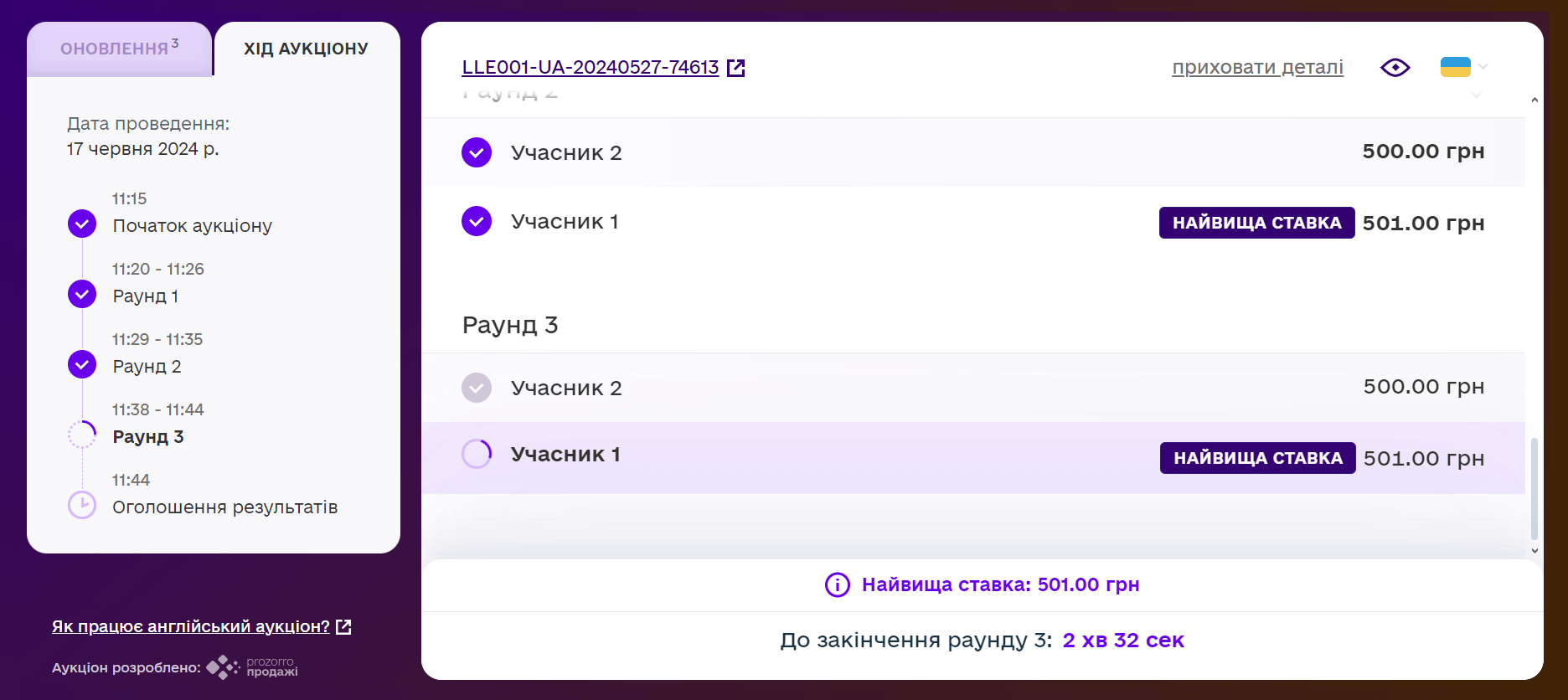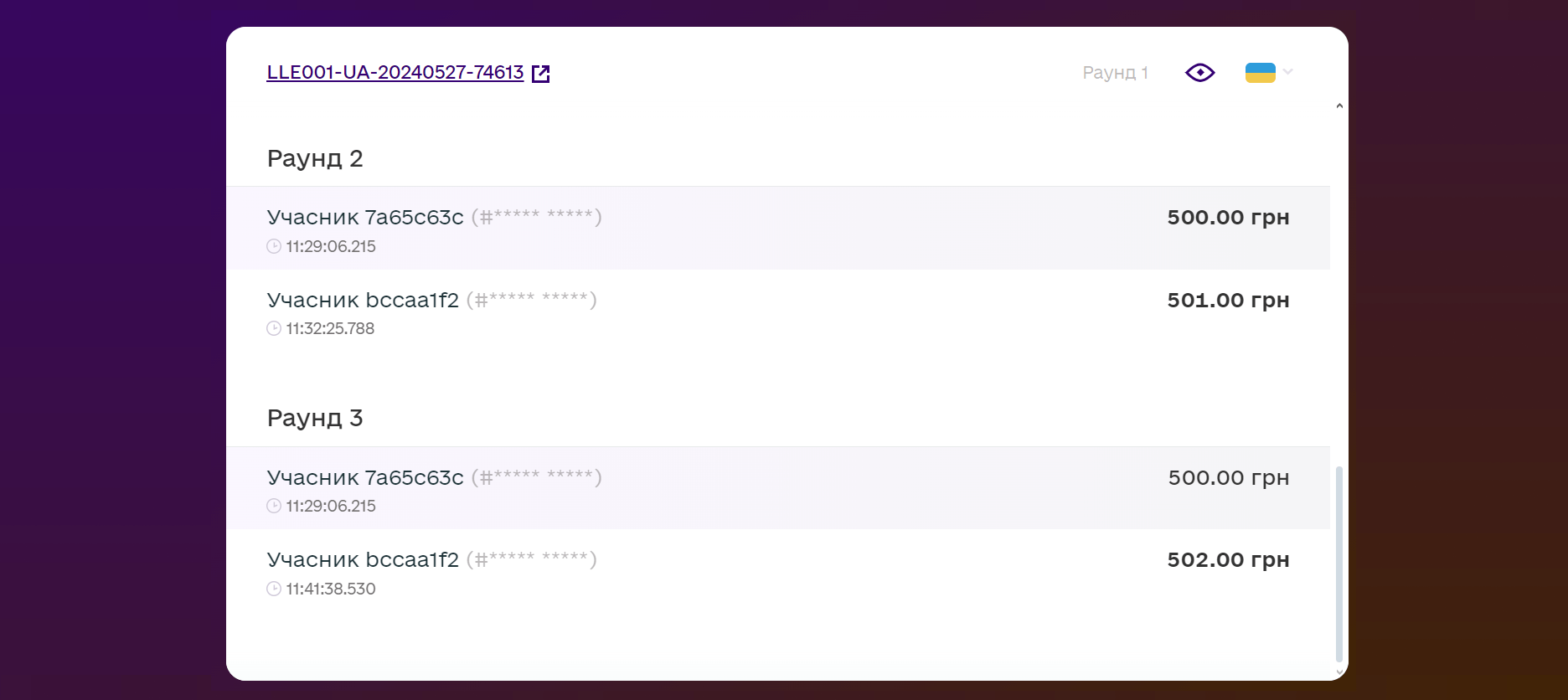Projects
Lease of state and municipal property
How it works, what income it brings, and how it has changed during war
Lease of state and municipal property
How it works, what income it brings, and how it has changed during war
Lease of state and
municipal property
How it works, what income it brings,
and how it has changed during war
Partner project


What can be leased, how the rent is formed, and whether the owners monitor the intended use of the leased property.
Since the beginning of the full-scale invasion in Ukraine, new lease agreements for state and municipal property have been concluded for more than 81.2 million hryvnias ($2 million), with almost 14,400 electronic lease auctions held. Leasing allows the state and local communities to generate income from property they do not use directly, and also saves state and municipal property from decay. In times of war, the importance of all these aspects only increases. Even the hostilities have not been able to reverse the trend of increasing the number of deals.
According to the law, the lease of state and municipal property must be carried out through transparent and competitive online auctions in the state system Prozorro.Sale. This minimizes corruption and increases budget revenues. Read on to find out how these mechanisms work now and what results they yield.
Where the most money is earned by renting and where the most expensive assets are
The lease of municipal and state property is regulated by a separate Law of Ukraine “On lease of state and communal property”, which was adopted in 2020. According to the law, such leases must be conducted through electronic auctions, with certain exceptions. The State Property Fund of Ukraine (SPFU) puts up for auction state property through its regional offices, while local governments put up for auction municipal property.
Top five cities in terms of income from the lease of municipal property in 2020-2024
Kyiv — 140.4 million UAH per year (over 500 auctions)
Lviv — 66 million UAH per year (over 400 auctions)
Dnipro — 51.6 million UAH per year (almost 800 auctions)
Kharkiv — 36 million UAH per year (over 700 auctions)
Chernivtsi — 36 million UAH per year (over 300 auctions)
In total, almost 35,000 electronic auctions have already taken place since the launch of the lease through ProZorro.Sale in 2020. The results of all online auctions bring in an additional 2.4 billion hryvnias ($58.9 million) a year to the state and local budgets.
Top five most expensive state property lease agreements concluded by the SPFU since 2020 (UAH / month)
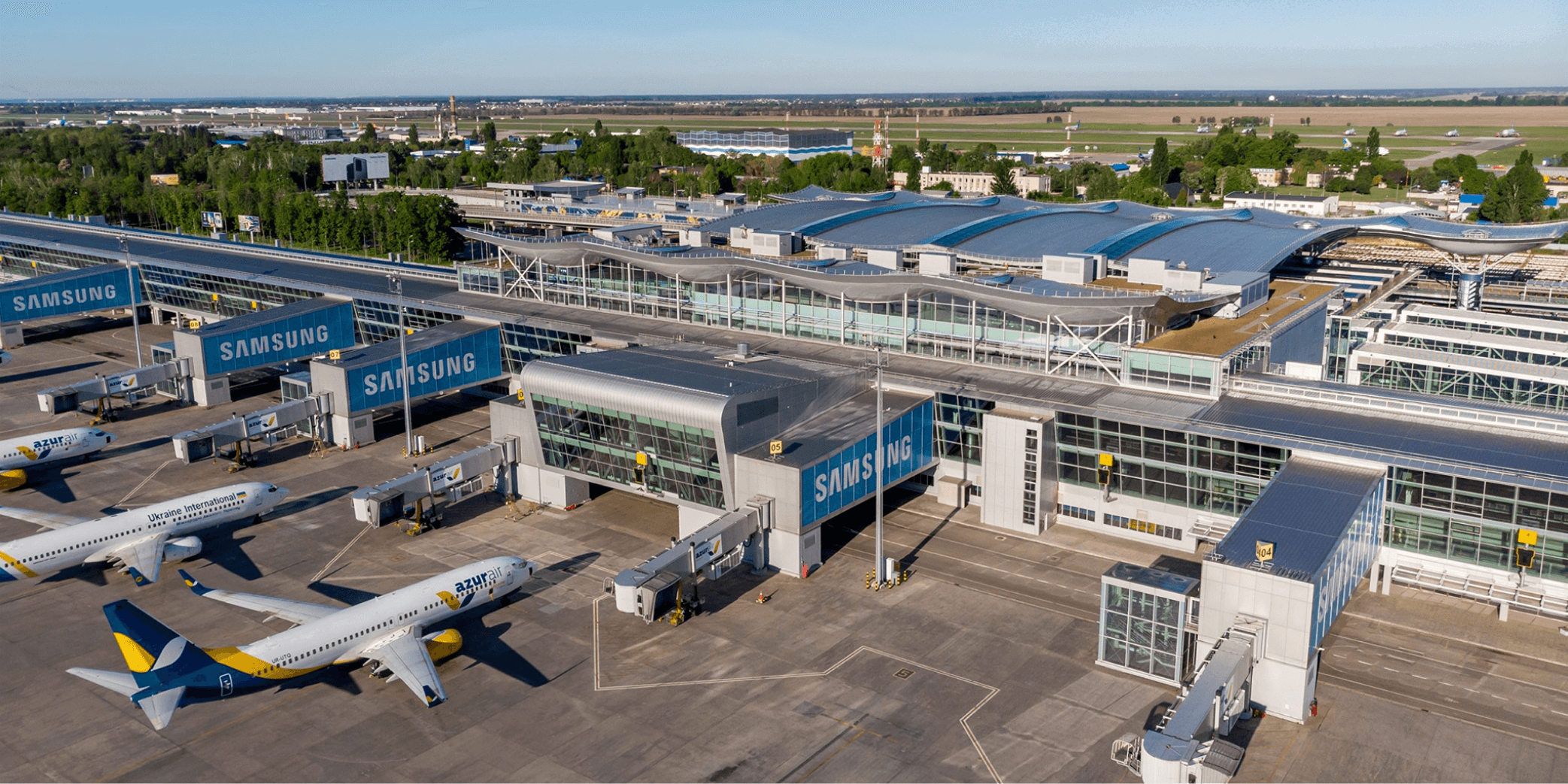
Premises at Boryspil International Airport
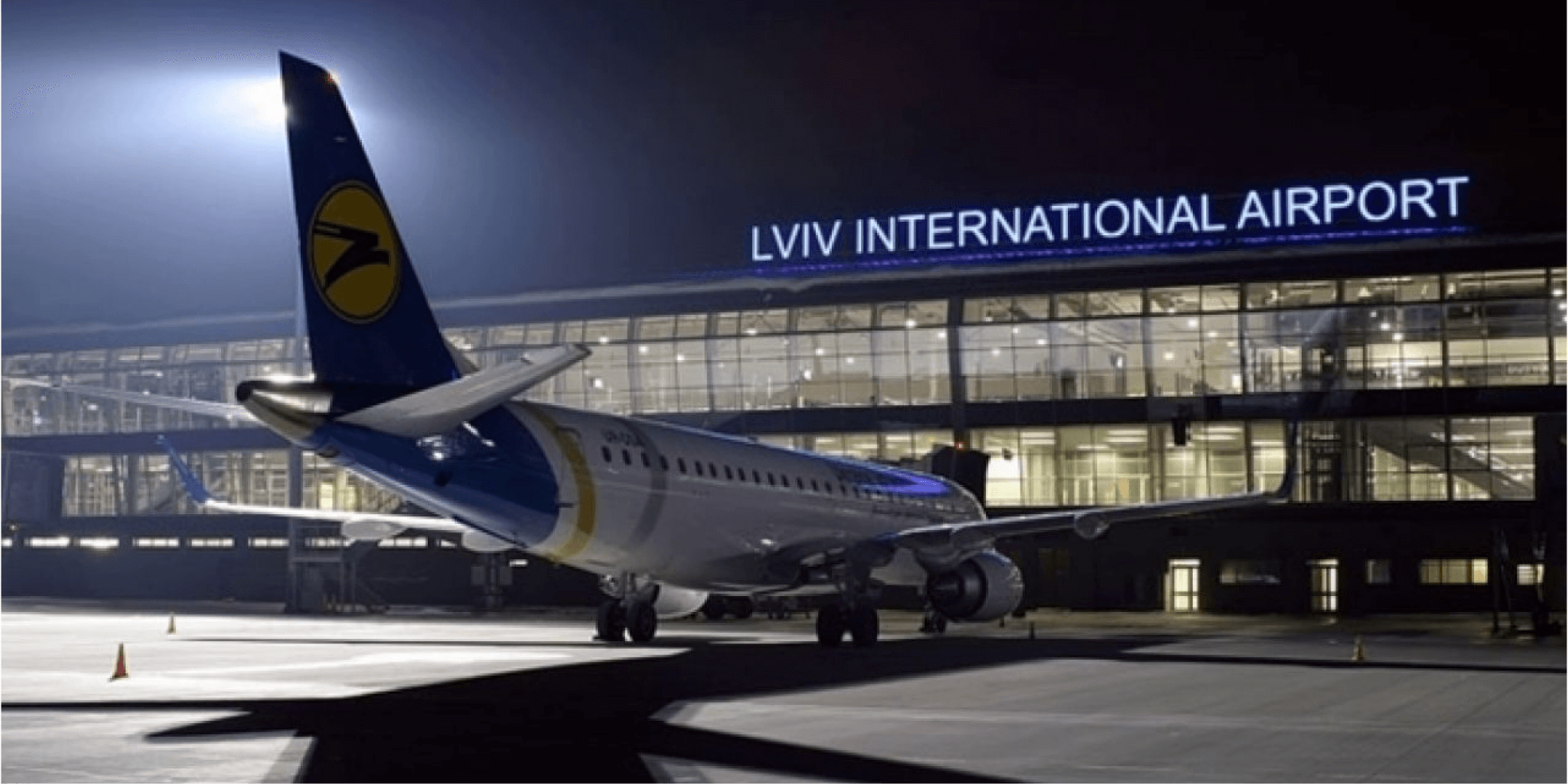
Premises at Lviv International Airport
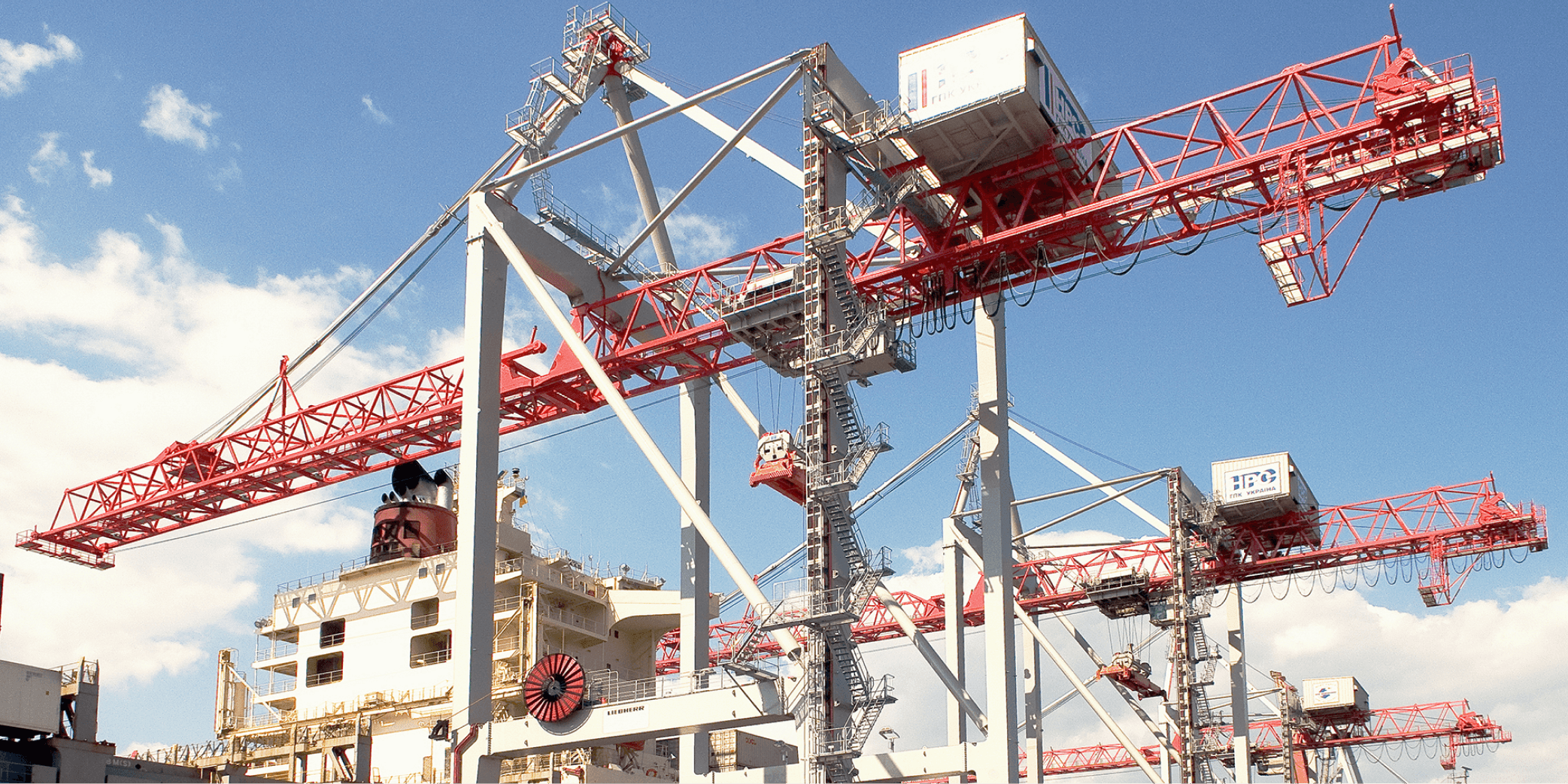
Premises in Reni Commercial Sea Port

Premises at Lviv International Airport
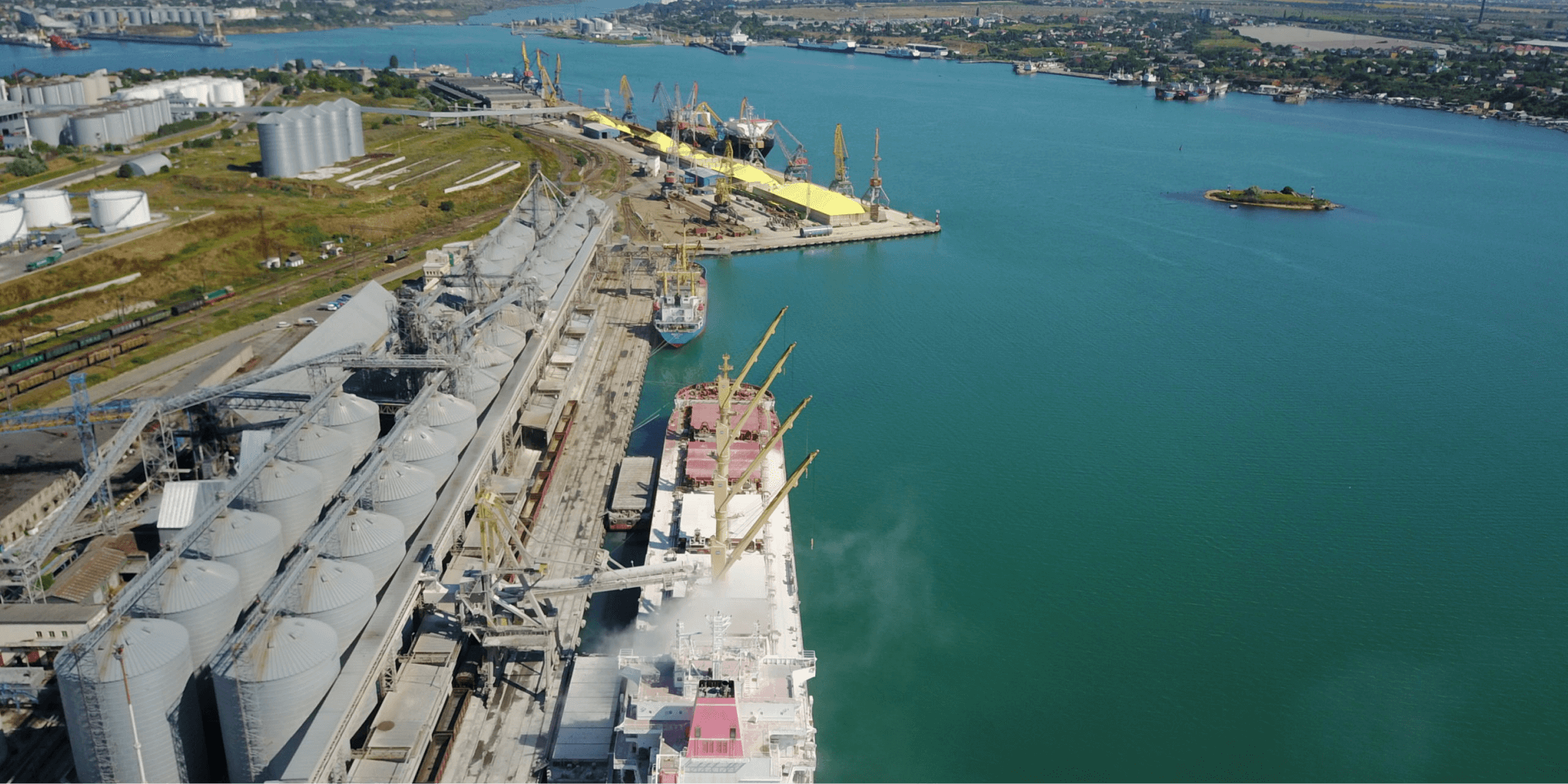
Premises in Chornomorsk Commercial Sea Port
Until 2022, the most expensive lease agreements for state property were concluded for premises at airports. The most expensive municipal property lease agreement since 2020 was for the single property complex of the fruit and vegetable base of the Svit communal enterprise located in Kyiv.
Top five most expensive municipal lease agreements since 2020 (UAH / month)
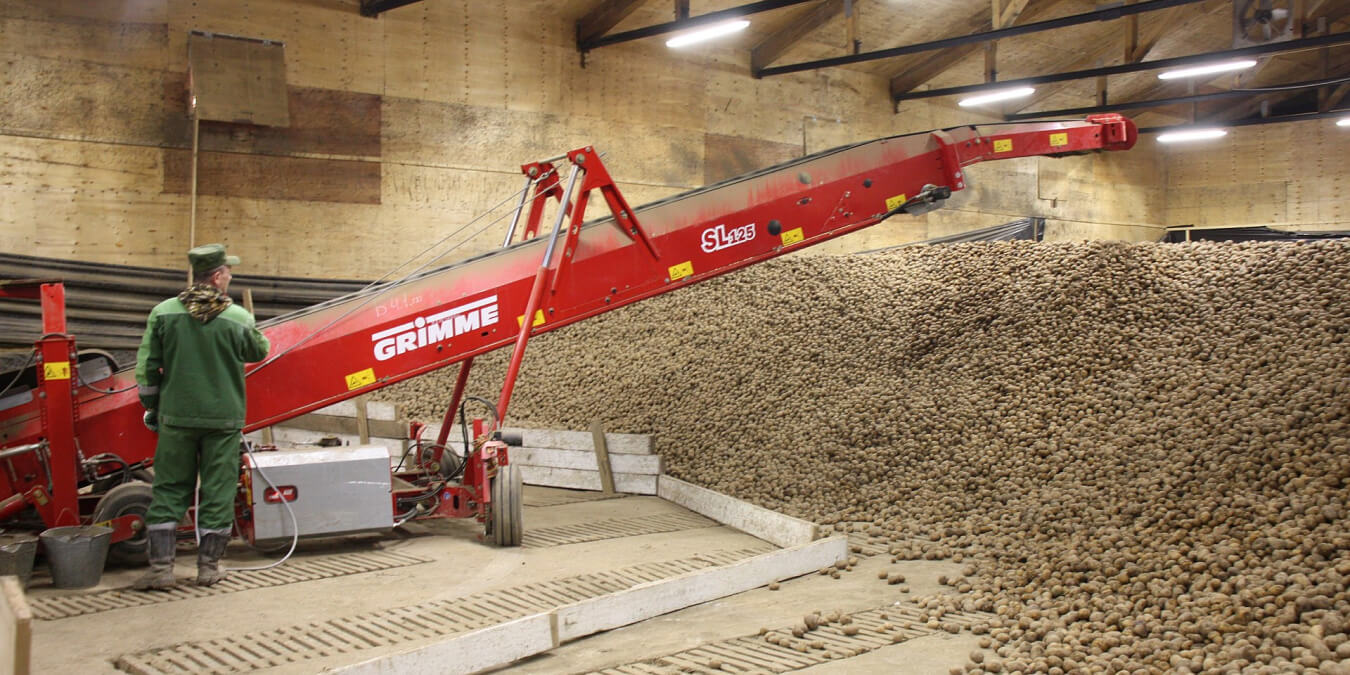
The single property complex of the fruit and vegetable base in Kyiv
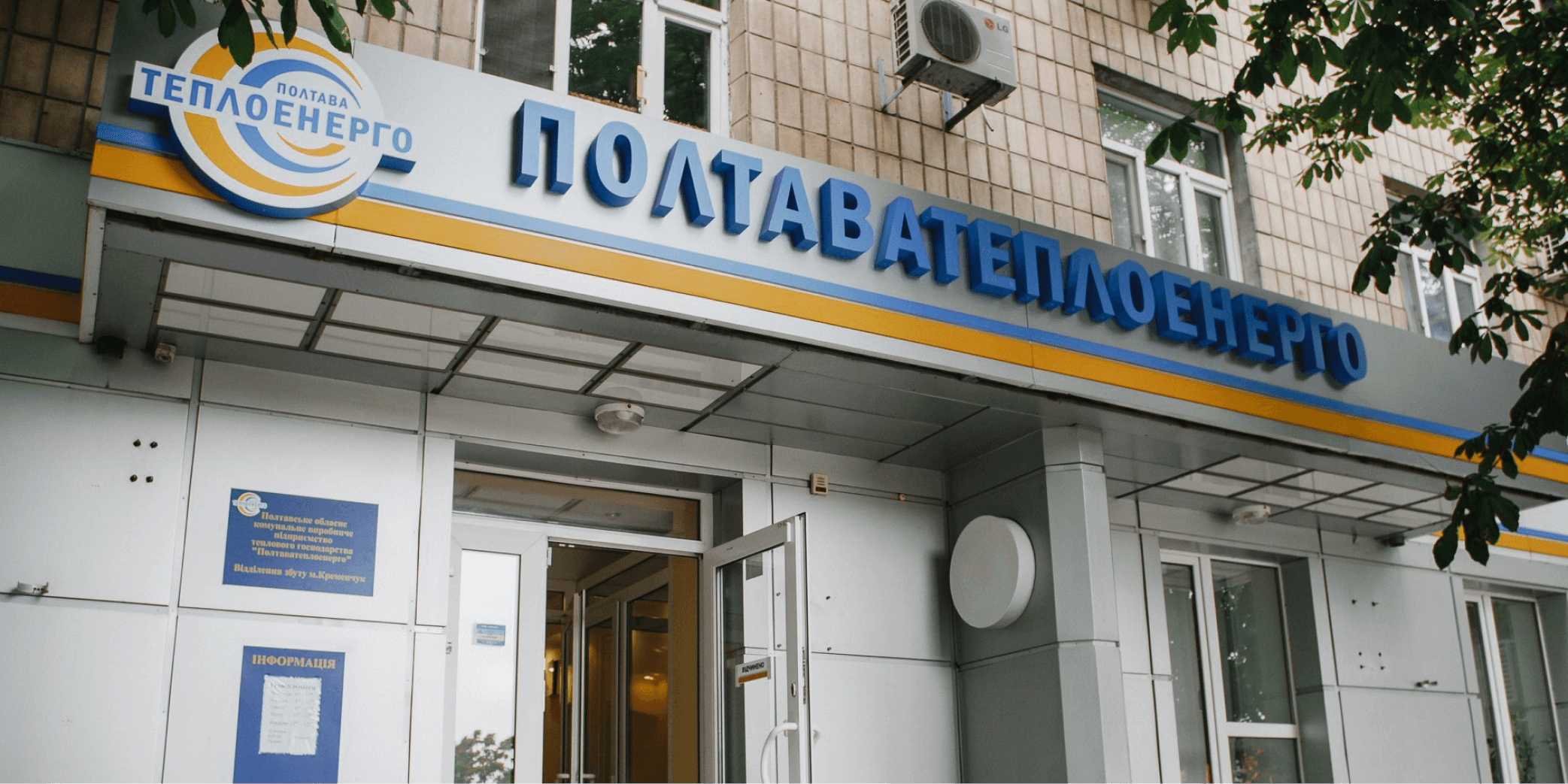
The building and equipment of Poltavateploenergo in Kremenchuk
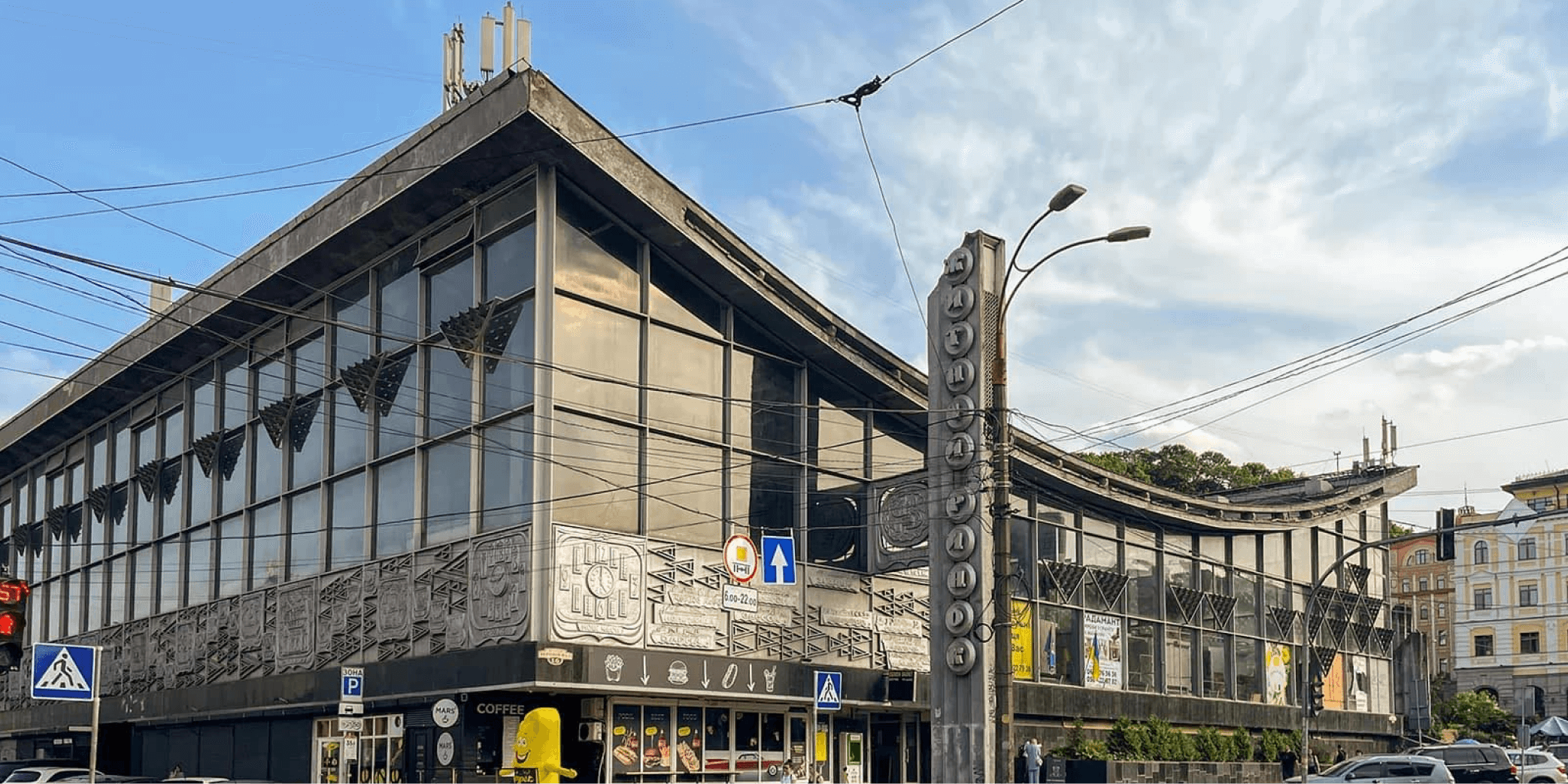
Zhytniy Market premises with an area of over 4.000 m² in Kyiv

Non-residential premises of almost 2.000 m² in Kyiv

Non-residential buildings with an area of more than 700 m² in Dnipro
Profits before and during the war: what has changed
The full-scale invasion did not stop the auctions, and since February 24, 2022, Ukraine has held almost 14,400 auctions for the lease of state and municipal property. As a result of these auctions, the country receives about 975 million hryvnias ($23.9 million) a year.
Competition in lease auctions in the system has hardly changed since the beginning of the full-scale invasion. On average, 1.26 bidders have been competing for the right to lease state or municipal real estate over the entire period of time. During martial law, it was 1.28 bidders. At the same time, we see that during martial law, the price for renting an asset almost doubles, while until February 2022, the annual rent increased less — by one and a half times.

Serhiy But

Serhiy But
Competition in lease auctions in the system has hardly changed since the beginning of the full-scale invasion. On average, 1.26 bidders have been competing for the right to lease state or municipal real estate over the entire period of time. During martial law, it was 1.28 bidders. At the same time, we see that during martial law, the price for renting an asset almost doubles, while until February 2022, the annual rent increased less — by one and a half times.
The number of auctions for lease of state and municipal property and revenues from concluded agreements by years
*Data as of the end of May 2024
The procedure for leasing
State and municipal property is leased out in the Prozorro.Sale system through English and Dutch auctions, i.e. with increasing and decreasing bids.
The procedure for leasing property
01 /
Initiation of the lease. The initiator can be either the asset holder (municipal or state-owned enterprise), the SPFU and local governments, or a potential lessee by submitting a proposal to the SPFU or city council regarding the object of interest.
02 /
The SPFU or a city, town, or village council makes a decision to lease the property.
03 /
Determining the starting price and placing an auction announcement in the Prozorro.Sale system.
04 /
Holding the auction, determining the winner, and concluding the contract.
Upon completion of the electronic bidding, the winner has three days to sign the auction protocol and 20 days to pay the lease price and conclude the contract.
According to Article 8 of the Law “On lease of state and communal property,” the starting rent, which will be used to start the auction, is deducted from the book value of the property as of the last day of the previous month.
After receiving the necessary decisions and information from the asset holder, the Fund issues its order to include the property in the list of the relevant type and takes all further actions — places an announcement on Prozorro.Sale, announces the auction, approves the winner and concludes a lease agreement if it is successful.

Vitaliy Koval

Vitaliy Koval
After receiving the necessary decisions and information from the asset holder, the Fund issues its order to include the property in the list of the relevant type and takes all further actions — places an announcement on Prozorro.Sale, announces the auction, approves the winner and concludes a lease agreement if it is successful.
Who can lease assets and for what purpose
The property can be leased by the SPFU, local governments, and other organizations whose activities are financed from the budget.
Information on what property can be leased and what cannot be leased is detailed in the Law “On lease of state and communal property”.
What can be leased?

Any individual or legal entity may lease property from the state or local governments. Persons in bankruptcy (insolvency) proceedings and companies in the process of winding up cannot lease such property. As well as those who are under sanctions or conceal their beneficial owners.
Property is leased at auction for any purpose. Exceptions are made for certain types of property: for example, in educational, medical, cultural, and governmental institutions, it is leased to ensure certain activities that these institutions cannot carry out on their own. For example, a canteen, café, pharmacy, etc.
Peculiarities of martial law and preferential lease
In some cases, it is possible to enter into a direct lease agreement without an auction. For example, it may be the lease of property for the needs of the state, for social needs, for infrastructure development, etc. The list of such cases is defined by the Law in Article 15.
How the tenant is determined
Auction
The most common way to lease property
The winner is the bidder who offered the highest rent
Competition
For certain categories of applicants, such as private educational institutions
The winner is the bidder who meets certain criteria set out in the tender documentation
Direct conclusion of the lease agreement
Possible in certain cases specified by law (e.g., lease for the needs of state or local authorities)
The lessee is determined directly (without bidding)
Auction
The most common way to lease property
The winner is the bidder who offered the highest rent
Competition
For certain categories of applicants, such as private educational institutions
The winner is the bidder who meets certain criteria set out in the tender documentation
Direct conclusion of the lease agreement
Possible in certain cases specified by law (e.g., lease for the needs of state or local authorities)
The lessee is determined directly (without bidding)
The range of beneficiaries entitled to lease state property on an application basis, without an auction includes state authorities, local governments, budget institutions and organizations, religious organizations, and diplomatic missions, as well as publishing houses, public organizations, museums, and private educational institutions. In 2023, 783 lease decisions were made in response to such tenants’ applications.

In May 2022, the state also introduced benefits for leasing its property. The government adopted a simplified procedure for leasing state property during martial law. This helps to reduce the financial burden on both businesses that are forced to relocate and those that continue to operate where they are.
Benefits for lease of state and municipal property during the war
01 /
For the first six months, businesses that rent premises from the state due to relocation can pay 1 hryvnia ($0.02) per square meter.
02 /
The advance payment* and security deposit** have been reduced to the amount of one month’s rent.
03 /
Tenants of public property in the temporarily occupied territories may not pay rent.
04 /
Tenants who have joined the Armed Forces of Ukraine may also not pay rent.
05 /
For the remaining tenants, the payment under the agreements concluded before the start of the full-scale war was reduced.
*Advance payment is a part of the rent that is paid before the conclusion of the lease agreement or on the day of its signing.
**A security deposit is a guarantee that the tenant will fulfill their obligations under the lease agreement to ensure compensation for losses in case the tenant fails to fulfill their obligations.
How a property owner monitors the intended use of property
If we are talking about leasing state or municipal property, then, according to the requirements of the relevant law, control over the use (and, accordingly, the safety) of real and movable property is assigned to its balance sheet holders. At the request of the lessor, the lessee is obliged to provide access to the leased property.

Andriy Shvadchak
With regard to municipal property, the procedure for exercising control over it is approved by each local government body separately. If such a procedure has not been approved, the procedure approved by the SPFU is used.

Andriy Shvadchak
If we are talking about leasing state or municipal property, then, according to the requirements of the relevant law, control over the use (and, accordingly, the safety) of real and movable property is assigned to its balance sheet holders. At the request of the lessor, the lessee is obliged to provide access to the leased property.
With regard to municipal property, the procedure for exercising control over it is approved by each local government body separately. If such a procedure has not been approved, the procedure approved by the SPFU is used.
In case of violation of payment terms or amounts, the lessor charges penalties and may further take other measures, including debt collection through court, unilateral termination of the lease agreement or termination of the agreement in court.
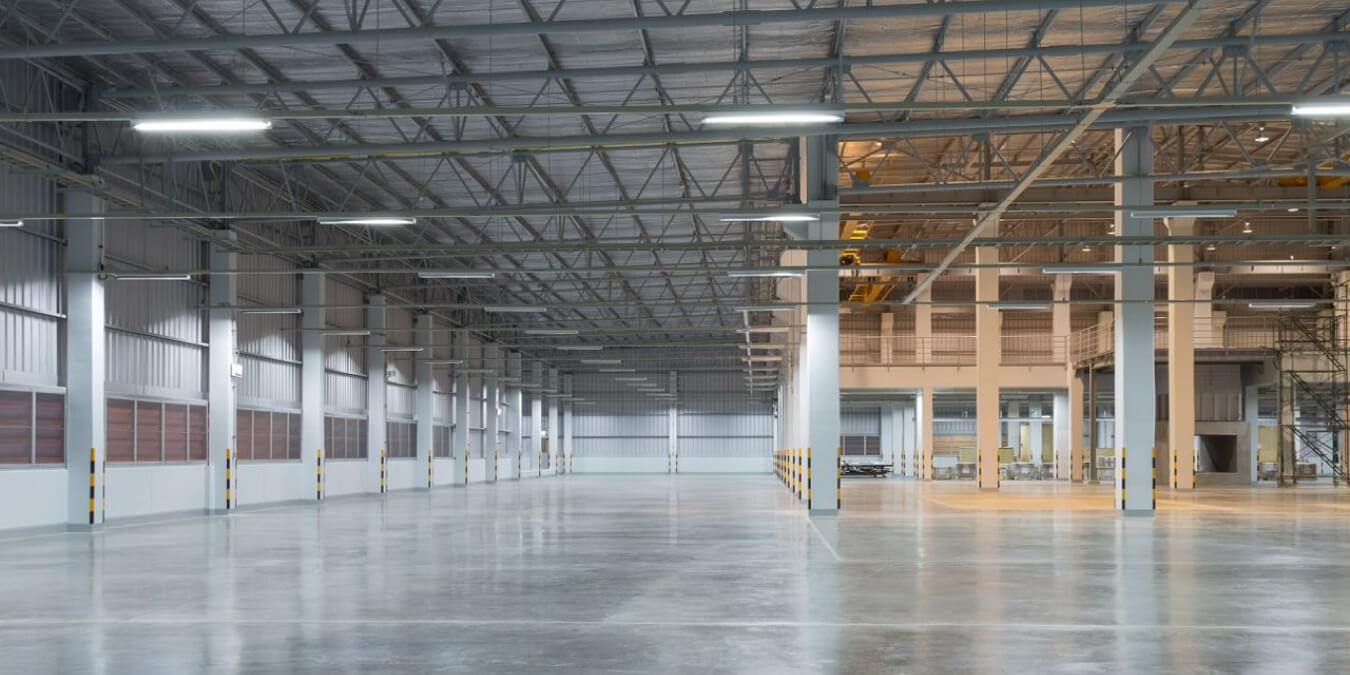
Most often, we lease out parts of the property (for example, the canteen at Shevchenko University), and the rest is used by the asset holder (for example, Shevchenko University). Every day they can monitor whether the tenant has occupied any extra space, whether third parties (subtenants) have been allowed in without permission, etc. And if there are such facts, they promptly inform the Fund or regional offices to eliminate them.

Vitaliy Koval
How lease helps to develop cities and protect the country
The lease of state and municipal property plays a significant role in the development of cities and the restoration of Ukraine as it stimulates economic growth, creates jobs, and attracts investment.
Property lease allows to attract additional revenues to local budgets, which helps to finance social programs, modernize infrastructure and improve conditions for residents. For example, in the Novobohdanivka community in Zaporizhzhia Oblast, renting premises allowed several small businesses to open, such as cafes and shops, which helped create new jobs and improve the economic situation in the community.

Oleksandr Korinnyi

Oleksandr Korinnyi
Property lease allows to attract additional revenues to local budgets, which helps to finance social programs, modernize infrastructure and improve conditions for residents. For example, in the Novobohdanivka community in Zaporizhzhia Oblast, renting premises allowed several small businesses to open, such as cafes and shops, which helped create new jobs and improve the economic situation in the community.
One example is Continent Group LLC. In the 1990s, it started with a single workshop for the production of PVC windows. In 2022, during the full-scale invasion, the company won an auction and entered into a lease agreement for the property on the balance sheet of the Orizon machine-building plant. The property is located in Cherkasy Oblast. The rent is 30,100 hryvnias ($739) per month for 3,400 square meters.

The lease of this asset allowed Continent Group LLC to significantly expand its production capacity. Today, the company has various business lines and exports its products to 12 European countries. The tenant is completing the reconstruction of the leased premises and will soon launch a non-ferrous metal foundry there.
Russia’s full-scale invasion of Ukraine has had consequences for the local rental market. “The war has created many challenges for local governments, especially for small communities. The biggest problem is the significant destruction of infrastructure and housing stock. This complicates the possibility of attracting investors and tenants, as restoration requires large financial injections and time.

Oleksandr Korinnyi
In 2023, the budget of Ukraine received 770 million hryvnias ($18.9 million) from the lease of state property, and the first quarter of 2024 brought 208 million ($5.1 million). For comparison, in 2022, the whole year amounted to 575 million hryvnias ($14.2 million).
Leasing state property today is an additional support for Ukrainian businesses in times of war.
Renting premises for business or production is easier and cheaper than buying them. That’s why thousands of entrepreneurs are now using leased space to develop and expand their businesses, as well as to relocate facilities from dangerous regions. And the state receives additional resources for the budget to support our defense in these turbulent times. We continue to work on expanding the lease base, constantly analyzing existing assets, and identifying new objects for lease.

Vitaliy Koval
This project is made possible by the support of the American and British peoples through the United States Agency for International Development (USAID) and the Foreign, Commonwealth and Development Office (UKaid). The views of the authors expressed in these publications do not necessarily reflect those of USAID, the US Government, UKaid or the UK Government.
Partner project


Projects is proudly powered by WordPress

